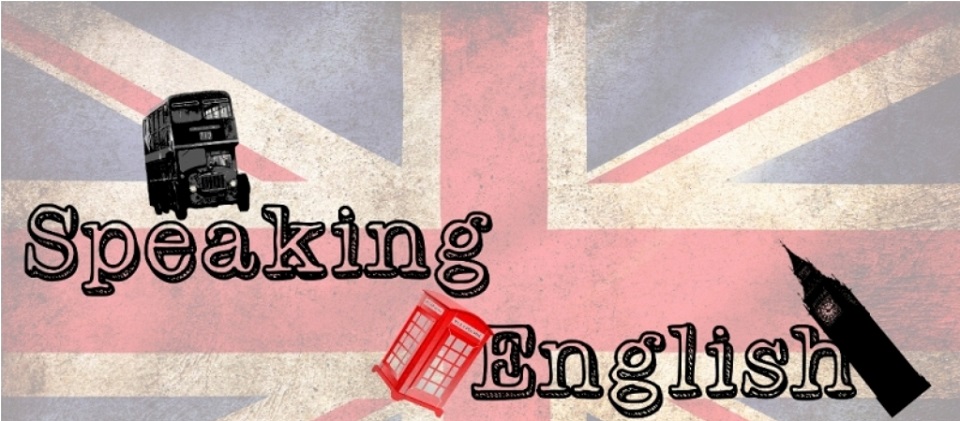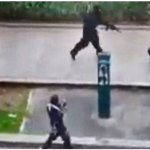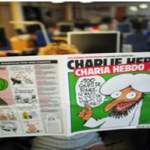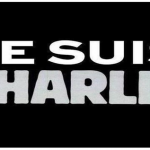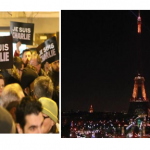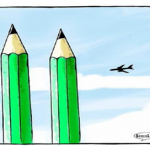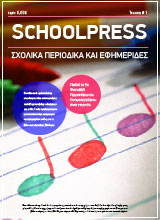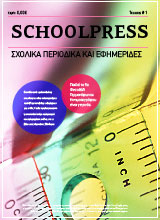By John Nikolopoulos, Apostolos Stamatopoulos, Nick Oikonomou and George Tsioulos (B Class)
Gunmen have shot dead 12 people at the Paris office of French satirical magazine Charlie Hebdo in an apparent militant Islamist attack.
Four of the magazine’s well-known cartoonists, including its editor, were among those killed, as well as two police officers. A major police operation is under way to find three gunmen who fled by car.
President Francois Hollande said there was no doubt it had been a terrorist attack «of exceptional barbarity».
It is believed to be the deadliest attack in France since 1961, when right-wingers who wanted to keep Algeria French bombed a train, killing 28 people. The masked attackers opened fire with assault rifles in the office and exchanged shots with police in the street outside before escaping by car. They later abandoned the car in Rue de Meaux, northern Paris, where they hijacked a second car.
Witnesses said they heard the gunmen shouting «We have avenged the Prophet Muhammad» and «God is Great» in Arabic («Allahu Akbar»).The number of attackers was initially reported to be two, but French Interior Minister Bernard Cazeneuve later said security services were hunting three «criminals». He said that Paris had been placed on the highest alert.
Global condemnation
The latest tweet on Charlie Hebdo’s account was a cartoon of the Islamic State militant group leader, Abu Bakr al-Baghdadi.
Charlie Hebdo’s website, which went offline during the attack, is showing the single image of «Je suis Charlie» («I am Charlie) on a black banner, referring to a hashtag that is trending on Twitter in solidarity with the victims.
THE FREEDOM OF THE SPEECH
David Cameron has vowed that Britain will «never give up» the values of freedom of speech as he pledged to stand «absolutely united» with France after the Charlie Hebdo attack.
The Prime Minister said he had offered the support of the UK’s intelligence agencies to help track the attackers during a phone call to French President François Hollande.
He also suggested that Britain’s threat level could rise from «severe» to «critical» – its highest rating – in the wake of the attack as the Metropolitan Police reviewed what actions should be taken.
Cameron’s position was the most important message of the event.
Alber Underzo, the cartoonist of Asterix, after the attack at the Charlie Hebdo’s office decided to remember his job after many years for drawing a sketch on his opinion about the strike. The 80-year-old cartoonist said in the French magazine “Figaro”: I just want to express my affection of the cartoonists, who pay their work with their lives!”
